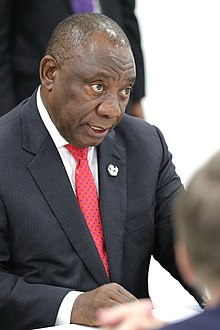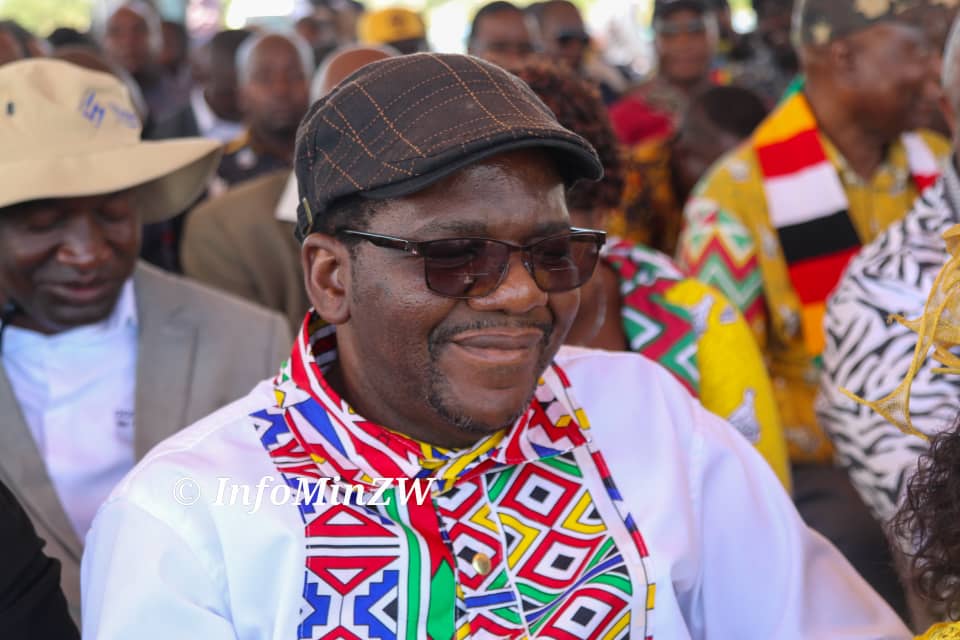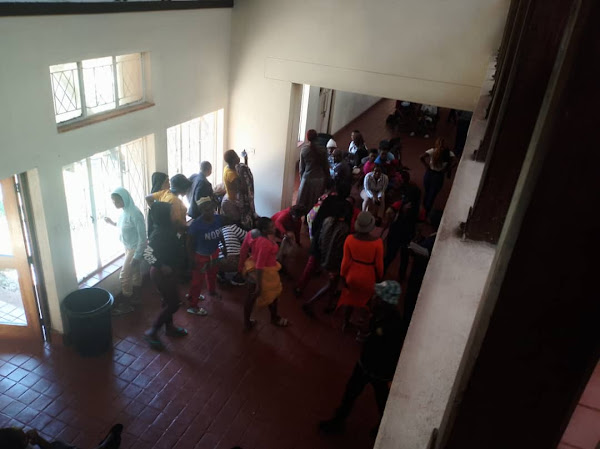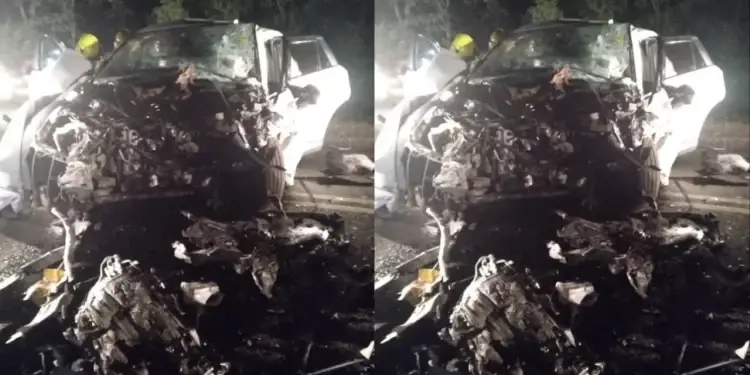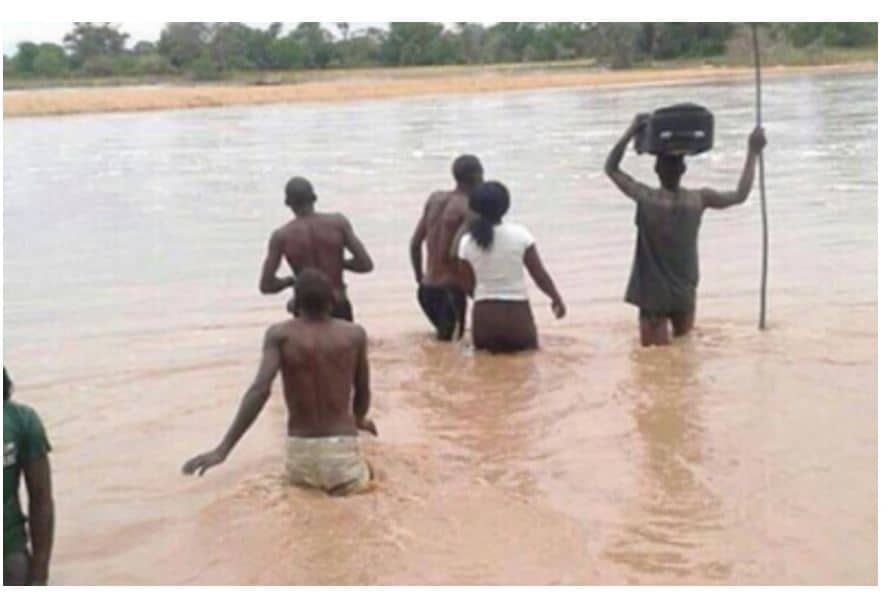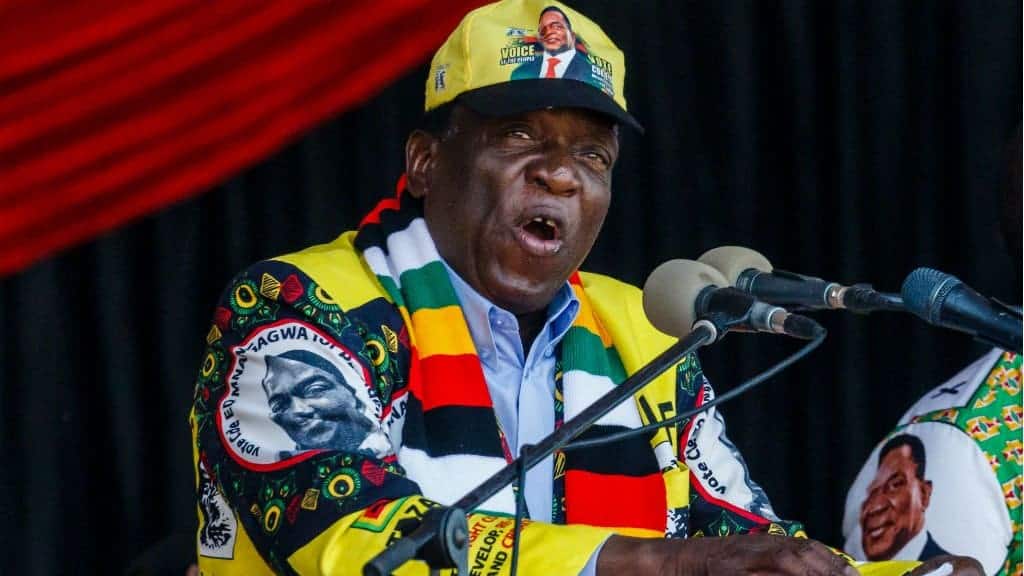Photo for illustration purpose
The impact of Covid-19 on media, including on the Zimbabwean press landscape, and its ramifications currently under scrutiny in a Southern African Development Community (SADC) regional discussion.
The discussion, currently in session is featuring journalists from South Africa, ESwatini, Lesotho, Botswana, Namibia, Zambia, Malawi and Zimbabwe.
COVID 19 has caused a lot of disturbances in as far as the gathering and dissemination of information is concerned, restrictions of free movement have affected the media as reporters could not meet sources as they would like.
Apparently, media practitioners have also been exposed to the virus due to the nature of their job, which requires them to travel often as well as meeting a number of people.
According to the United Nations Educational, Scientific and Cultural Organization (UNESCO) since the emergence of the coronavirus pandemic in Africa, the media have continuously made essential contributions in many aspects.
UNESCO says the media played a key role when it comes to, among other things, informing citizens about the development of the disease, raising awareness about protective measures, uncovering misinformation, countering rumors and promoting the sharing of good practices.
However, the organisation also noted that this necessary contribution has been made and is still being made in a context where the media is facing many technical, economic, social and even political difficulties due to the effects of the measures taken to contain the pandemic.
These difficulties are all the more important in West and Central Africa, where the economic model of the media is particularly fragile.
The UN body says there is virtually no dimension of public, private and/or community media (online and offline) that is not impacted. The effects are likely to shape the media landscape of countries in a sustainable way.
UNESCO adds that it is for this reason that a background analysis should be carried out to draw the consequences and propose options to ensure media development in an environment that is conducive to economic viability, freedom of expression and safety of journalists.
It is in this perspective that UNESCO – as the lead agency for the promotion of freedom of expression, media development and the security of journalists, organized an online regional consultation last year where experts, decision-makers, politicians, civil society actors, media organizations and professionals debated the future of the media in West and Central Africa.
-Zwnews





